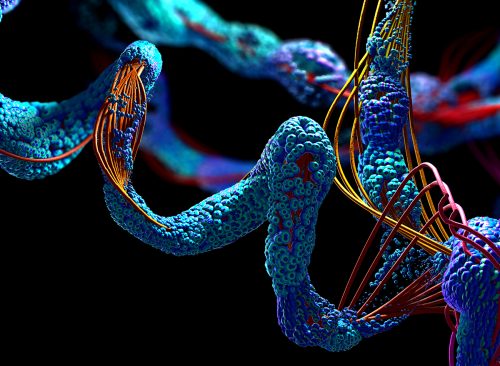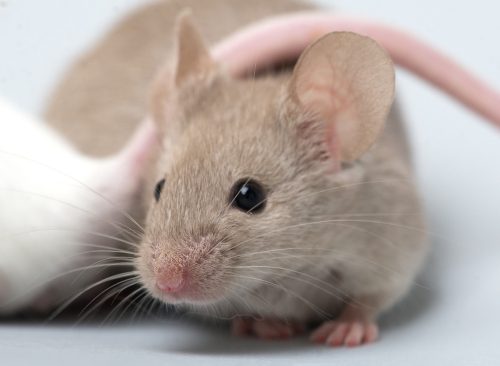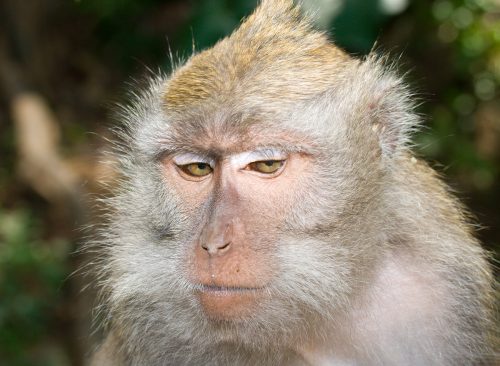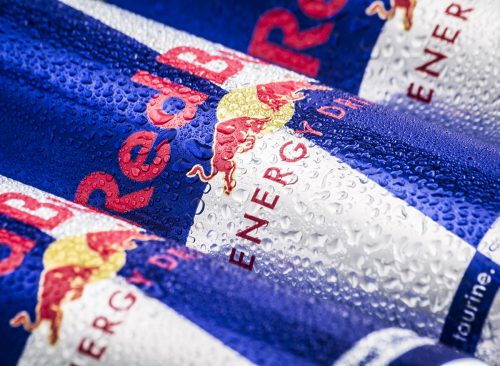Exploring the Fountain of Youth: Study Shows Taurine’s Health Benefits in Monkeys and Potential for Humans
Taurine seems to help certain animals live longer.

A new study has found that taurine, an ingredient common in energy drinks, seems to help certain animals live longer, including worms, mice and monkeys. But humans shouldn’t consider Red Bull to be the fountain of youth, scientists say. Read on to find out what the study uncovered and what it could potentially translate to in humans.
1
What is Taurine?

Taurine is an amino acid that’s naturally produced by the human body. It’s also present in various meats. It’s unclear whether the body needs taurine or whether it’s even beneficial. But it’s believed to play a number of roles in the body, including brain development, eye health, and digestion. In the new study, published in the June 9 issue of Science, scientists found blood levels of taurine fall with age in mice, monkeys and humans. Lower levels of the amino acid is also associated with conditions such as diabetes and obesity.
2
What the Study Found

A team of researchers at Columbia University found that adding extra taurine to the diet of mice extended their median life span by 10 to 12 percent. Female mice who didn’t consume extra taurine lived an average of 29 months. Those who had more taurine lived for about 33 months. The increase in life span was also observed in worms, which live much shorter lives: When fed the highest doses tested, one species, C. elegans, lived 23 days, compared to 20 days without.
3
Other Signs of Health With Increased Taurine

Taurine was also linked with health in mice and female monkeys. Mice that consumed extra taurine experienced increase bone strength, muscle coordination and memory. Meanwhile, six middle-aged rhesus macaques fed extra taurine for six months weighed less, had better bone density, and showed signs of a healthier metabolism compared to five monkeys that didn’t receive more of the amino acid.
4
The Equivalent in Humans

The scientists said that their experiments in mice used taurine levels equivalent to about 3 or 6 grams per day for an adult human. A typical energy drink contains about 1 gram of taurine. So far, there aren’t known risks to humans of consuming extra taurine, but long-term studies haven’t been conducted.
5
Just One Piece of the Puzzle of Aging

The scientists who conducted the study warn that there are many factors involved in aging, and their research is just an initial step. “We are looking at a multicentric, multinational intervention trial in humans,” said study co-author Vijay Yadav, a geneticist at Columbia University Vagelos College of Physicians and Surgeons in New York City, during a press conference. “We are very excited to take on that journey.”
6
A Tributary of Youth?

Other scientists caution against considering taurine the fountain of youth. “I think there are going to be many tributaries of youth,” biologist and cardiologist Toren Finkel of the University of Pittsburgh, who was not involved in the study, told Science News. “And so maybe this is a tributary, not a fountain.” Aging “is one of the great biological unknowns,” he said. “So any way you can chip away at that edifice is great. And this is a new set of findings that deserves to be followed up.”














